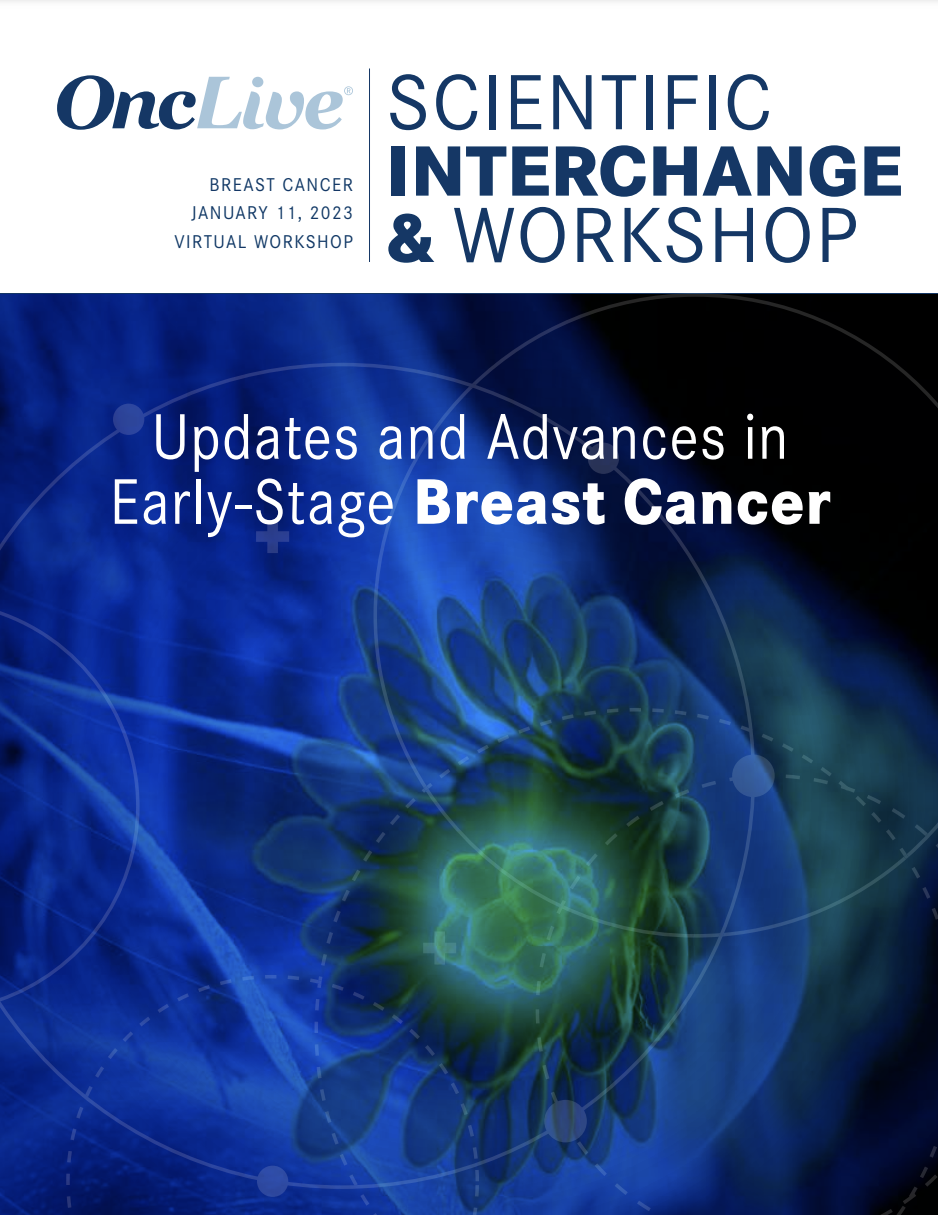Commentary
Video
Dr Kasper on the FDA Approval of Nirogacestat in Desmoid Tumors
Author(s):
Bernd Kasper, MD, PhD, discusses the significance of the FDA approval of nirogacestat for patients with desmoid tumors.
Bernd Kasper, MD, PhD, chair, Sarcoma Unit, Interdisciplinary Tumor Center Mannheim, Mannheim University Medical Center, University of Heidelberg, discusses the significance of the FDA approval of nirogacestat (Ogsiveo) for patients with desmoid tumors.
On November 27, 2023, the FDA approved the γ-secretase inhibitor nirogacestat for the treatment of adult patients with progressing desmoid tumors who require systemic treatment. This approval was supported by findings from the phase 3 DeFi trial (NCT03785964), in which nirogacestat elicited an estimated 2-year progression-free survival (PFS) rate of 76% vs 44% with placebo in patients with desmoid tumors who were not amenable to surgery. The median PFS was not reached (NR; 95% CI, NR-NR) in the nirogacestat arm and was 15.1 months (95% CI, 8.4-NR) in the placebo arm. The hazard ratio for progression or death was 0.29 (95% CI, 0.15-0.55; P < .001). At a median follow-up of 15.9 months, 49 events of disease progression or death occurred. Of these,12 occurred in the nirogacestat arm and 37 were observed in the placebo arm. These PFS results were generally consistent across prespecified subgroups, including tumor location, sex, focality, previous treatments, genetic mutation status, and history of familial adenomatous polyposis.
The overall response rate was 41% (95% CI, 29.8%-53.8%) with nirogacestat vs 8% (95% CI, 3.1%-17.3%) with placebo (P < .001), with respective median times to response of 5.6 months and 11.1 months. Seven percent of patients in the nirogacestat arm achieved a complete response compared with 0% of patients in the placebo arm.
Secondary patient-reported outcomes, including symptom burden, pain, physical or role functioning, and health-related quality of life, favored the nirogacestat arm (P ≤ 0.01). Common adverse effects (AEs) associated with nirogacestat included diarrhea (84%), nausea (54%), fatigue (51%), hypophosphatemia (42%), and maculopapular rash (32%). Ninety-five percent of the AEs observed in the nirogacestat arm were grade 1/2.
Prior to this regulatory decision, no drugs were approved for patients with desmoid tumors, Kasper says. Nirogacestat is the first agent to be approved for the treatment of patients with desmoid tumors who require systemic therapy, and will thus become the standard of care, Kasper concludes.









